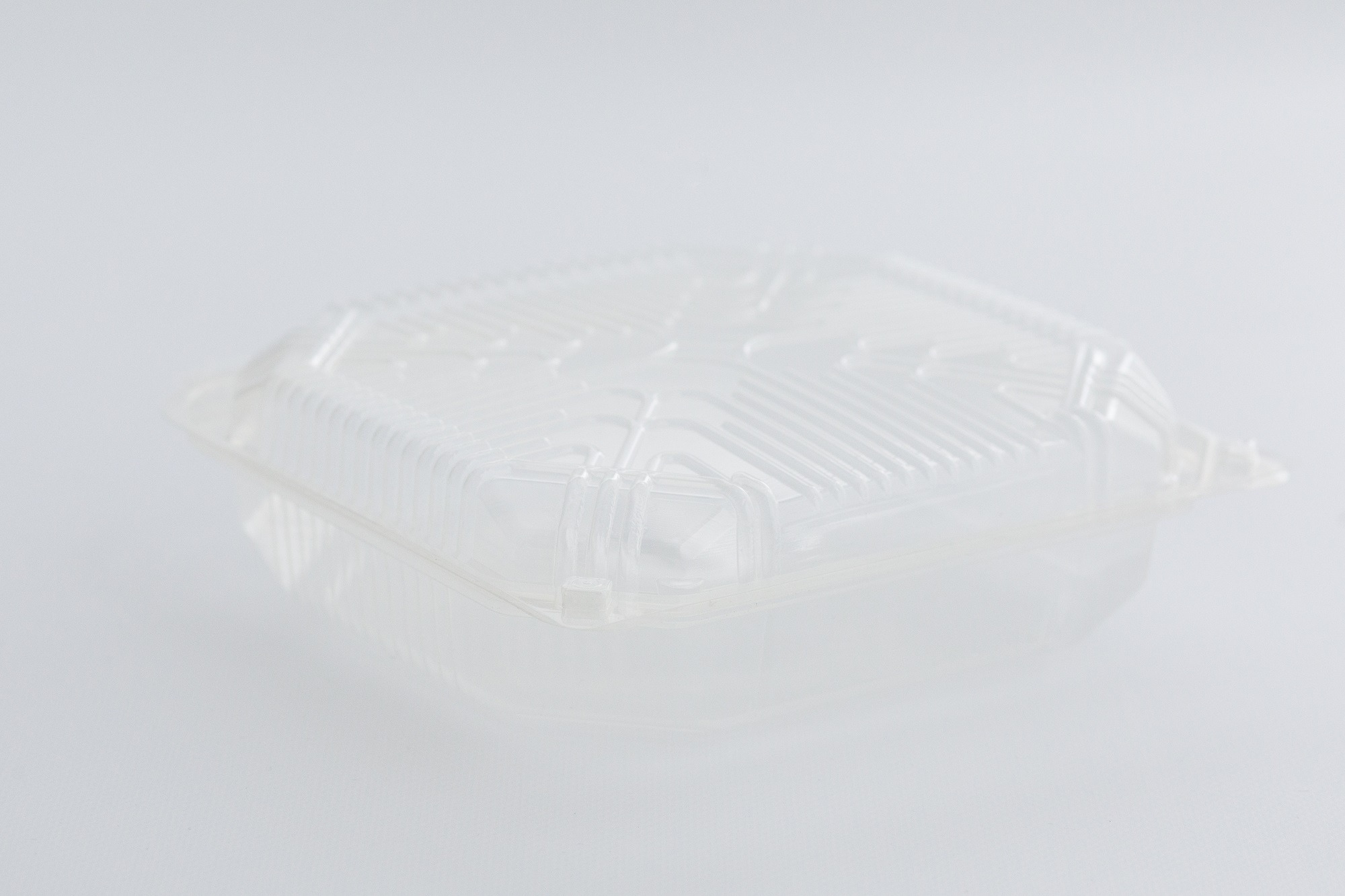This sustainable material goes for short-term room temperature, long-term frozen and chilled products under EU regulations. Compared with virgin PLA, PLA-Premium grades improve resistance up to 7 times.
After the completion in 2020 of the installation of its new industrial plant, ADBioplastics has, in recent months, turned to its R&D department. And this is translating into new success stories. In collaboration with a packaging manufacturer from the Valencian Community, it has carried out the production of a proof of concept for thermoformed packaging for the food sector. This has been made entirely of biobased and compostable PLA-Premium material specially designed for rigid containers of fresh bakery and pastries.
“We additive PLA-Premium grades according to customer needs to achieve the desired mechanical properties. In the case of thermoformed food containers for pastries, the PLA-Premium W 721 – F grade has been used and is intended for short-term room temperature, long-term frozen and chilled products under EU regulations”, Nadia García, R&D Specialist at ADBioplastics explains. These grades enhance the mechanical properties improving up to 7 times the resistance, so they are less brittle than virgin PLA, at the same time that they are more processable and maintain transparency. The product has been tested demonstrating its industrial compostability. “The main goal of our startup is to help clients achieve the sustainability goals promoted by the European Union for 2030 and we know that we are on the right track,” Lorena García, Managing Director, says.
ADBioplastics is dedicated to the development and manufacture, to measure, of additives and bioplastics for the food, cosmetic, textile, 3D printing, and construction sectors. The products are biobased because they come from corn, sugar cane, and/or beets, as well as compostable; which means that, under industrial conditions, they disintegrate in just six months, turning into CO2, compost, and water. A process that will help comply with the European Union’s Plastics Reduction Directive set for 2030 and promote the circular economy. If you want to know more about this startup, go to www.adbioplastics.com.

